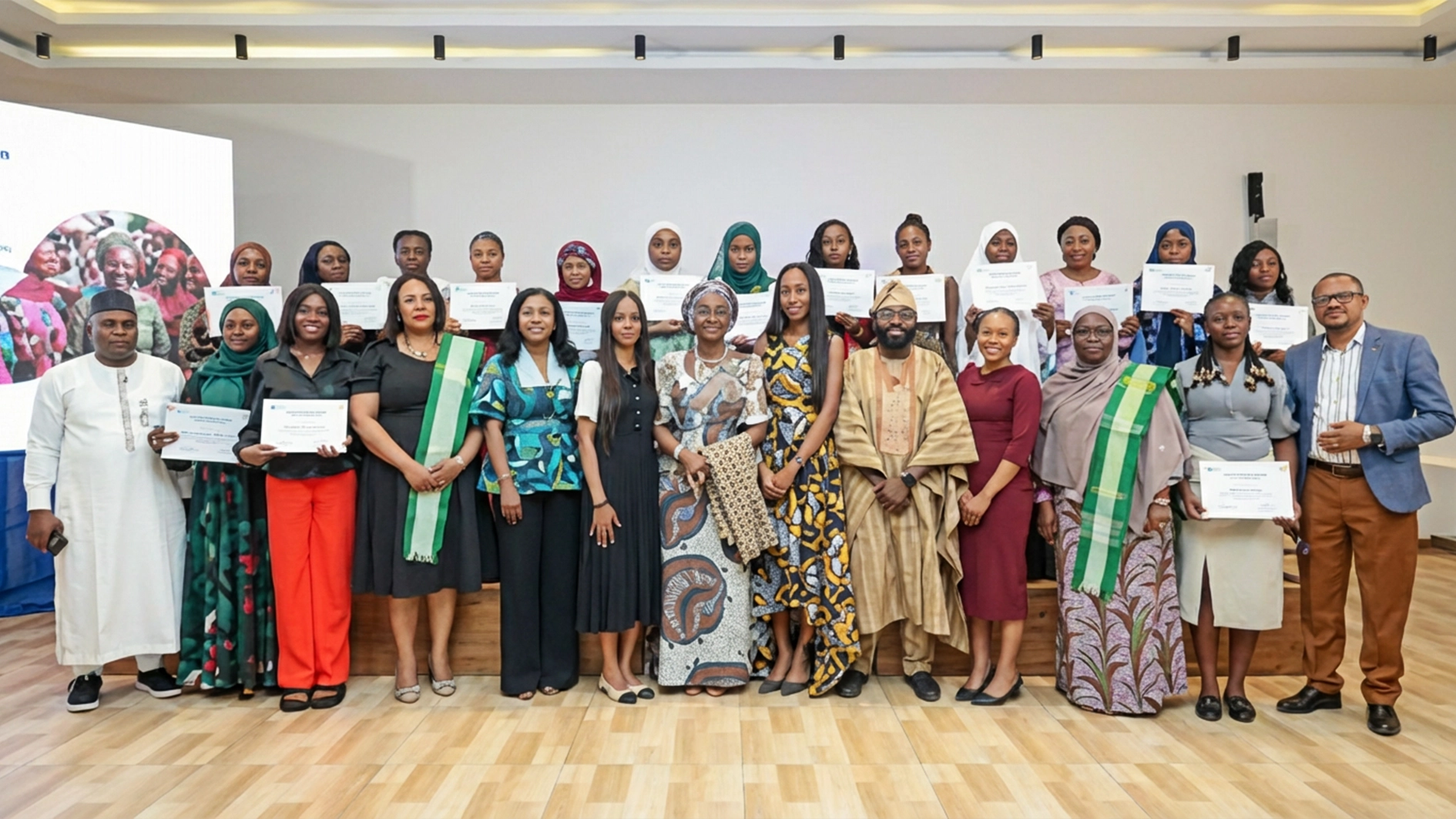
The Bayelsa State government has invested N13.8 billion to support Micro, Small, and Medium Enterprises (MSMEs), agriculture, and social protection programmes, aimed at restoring the livelihoods of vulnerable residents affected by COVID-19.
Speaking at a press conference in Yenagoa, Timipre Seipulu, focal person for the Bayelsa-Cares initiative, said over 10,000 individuals receive a monthly social transfer of N10,000. The package targets people aged 55 and above, flood victims, and individuals with disabilities.
Bayelsa-Cares launched in January 2022 with a $20 million annual budget in partnership with the Federal Government under the Nigeria COVID-19 Action Recovery and Economic Stimulus (NG-CARES). The program focuses on three key areas: social protection, agriculture, and MSMEs.
According to Seipulu, N16.8 billion has been released to date, with N13.8 billion disbursed to beneficiaries across the state, directly impacting 466,732 individuals and indirectly benefiting over one million residents. The program provides income support, agricultural inputs, grants for small businesses, and infrastructure development in local communities.
He added: “Over one million people have benefited indirectly in almost every community in Bayelsa. The program has provided an alternative source of income, food, agricultural support, safe hygiene practices, and improved infrastructure through local contractors.
“Social Transfer (DLI 1.1) has reached over 10,000 individuals with N10,000 monthly. Labour and Public Works (DLI 1.2) has provided N15,000 monthly to 3,289 unemployed youths across 165 communities since June 2022.
“Livelihood Grants (DLI 1.3) have been paid to 3,301 beneficiaries across 330 communities, with amounts ranging from N70,000 to N100,000. Basic Services (DLI 1.4) have resulted in 440 community projects across eight local government areas, including school buildings, staff quarters, health centres, and water boreholes, costing between N15 million and N22 million per project.
“Concrete roads have been constructed in urban, semi-urban, and rural areas, with N480 million spent on 18 roads across 18 communities, each ranging from 150 to 250 metres.
“His Excellency, the Governor, has prioritised internal road networks in riverine communities. Health centres in Tungbo and Obogoro have been renovated and equipped, while solar-powered boreholes have been installed in Famgbe and Elebele communities.
“The Agriculture platform has supported 8,200 farmers with high-yield seedlings, fertilisers, fingerlings, and farm tools across 82 communities. Additionally, 6,300 farmers in 63 communities received processing equipment such as mini tractors and cassava processing factories.
“The program has also constructed 97 wet market facilities with solar-powered water systems to promote hygiene and eliminate open defecation, targeting 140 communities in this phase.
“Through the Operational Grant (DLI 3.2), 15,455 business owners have received financial support between N50,000 and N500,000. This effort is driven by BYMEDA, focusing on tailoring shops, restaurants, provision stores, and other small businesses.
“The programme activities are regularly reviewed by independent third parties engaged by the World Bank.
“Due to the program’s success, the Governor has approved an extension from June 2024 to December 2024, with plans to continue into Phase 2 in January 2025.”






